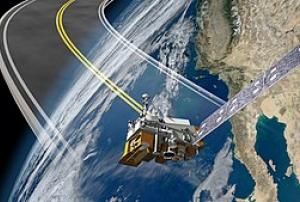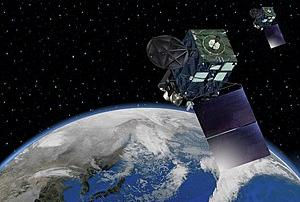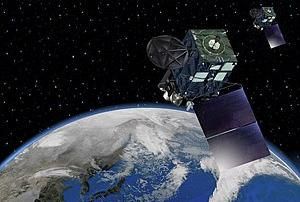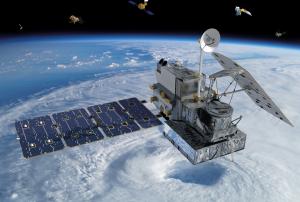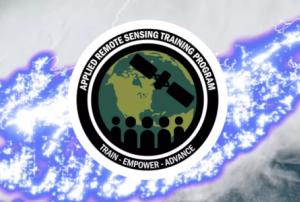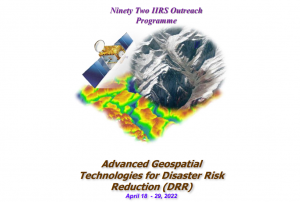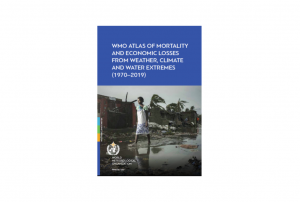Meteorological
Definition
UN-SPIDER Regional Support Offices with hazard-specific expertise
Related content on the Knowledge Portal
- read moreAeolus is an ESA satellite that provides global observations of wind profiles. It is the first wind satellite that can measure winds globally, as it is able to calculate atmospheric winds also in cloud-free areas or winds throughout vertical wind columns. Aeolus can provide high-quality short and medium-range forecasts (between three to ten days ahead) both of the northern and the southern hemispheres. It can also produce useful information on ocean salinity and frozen expanses as well as insights into the wind’s influence on heat and soil moisture within the Earth's surface. The measurements from the satellite can contribute to long-term climate research and help scientists better understand global environmental challenges such as extreme natural disasters, global warming, and air pollution.Aeolus is equipped with an Atmospheric Laser Doppler Instrument, called Aladin. Aladin comprises powerful lasers, one of the largest telescopes ESA has…02/08/2018
NOAA-20, designated JPSS-1 prior to launch, is the first of the United States National Oceanic and Atmospheric Administration's latest generation of U.S. polar-orbiting, non-geosynchronous, environmental satellites called the Joint Polar Satellite System. NOAA-20 was launched on 18 November 2017 and joined the Suomi National Polar-orbiting Partnership satellite in the same orbit. NOAA-20 operates about 50 minutes ahead of Suomi NPP, allowing important overlap in observational coverage. Circling the Earth from pole-to-pole, it crosses the equator about 14 times daily, providing full global coverage twice a day. This will give meteorologists information on "atmospheric temperature and moisture, clouds, sea-surface temperature, ocean color, sea ice cover, volcanic ash, and fire detection" so as to enhance weather forecasting including hurricane tracking, post-hurricane recovery by detailing storm damage and mapping of power outages.
The project incorporates five instruments,…
read more18/11/2017- 02/11/2016
Himawari 8 is a Japanese weather satellite, the 8th of the Himawari geostationary weather satellites operated by the Japan Meteorological Agency. The spacecraft was constructed by Mitsubishi Electric with assistance from Boeing, and is the first of two similar satellites to be based on the DS-2000 satellite bus. Himawari 8 entered operational service on 7 July 2015 and is the successor to MTSAT-2 (Himawari 7) which was launched in 2006.
07/10/2014Serving as part of the Global Precipitation Measurement (GPM) mission, an international network of satellites that provide next-generation global observations of rain and snow, the GPM “Core Observatory” satellite carries an advanced radar / radiometer system to measure precipitation from space and serve as a reference standard to unify precipitation measurements from a constellation of research and operational satellites. The GPM mission builds upon the success of the Tropical Rainfall Measuring Mission (TRMM). Through improved measurements of precipitation globally, the GPM mission is helping to advance our understanding of Earth's water and energy cycles, improve forecasting of extreme events that cause natural hazards and disasters, and extend current capabilities in using accurate and timely information of precipitation to directly benefit society.
27/02/2014- 27/11/1997
- 27/11/1997
The training date is in the past. However, videos and resources of the training can be accessed here
It is well-documented that there are approximately 24,000 worldwide fatalities from lightning each year, with about 10 times more being injured from lightning (NIH-NCBI). In addition, lightning strikes are one of the leading causes of wildfire ignition. During storms, lightning strikes on trees, utility poles, and infrastructure, can damage power lines resulting in power outages. Lightning flashes also generate electromagnetic fields (Sferics) that interfere with electrical devices on ground. As the intensity and frequency of extreme weather events are likely to increase due to climate change impacts, lightning activity will likely increase as well, causing more power outages, increased risks of wildfire ignition, and…
read moreNatural disasters are becoming more frequent and intense across the globe. Enhancing resilience to increasing hazards, exposure, and vulnerability therefore requires leveraging of advanced geospatial technologies for better disaster mitigation and management. With continuous improvements in satellite data sensor acquisition parameters together with geo-computational approaches, geospatial technologies have emerged as the most powerful technology for all phases of disaster management. The course on advanced geospatial technologies for Disaster Risk Reduction (DRR) is scheduled from April 18 - 29, 2022 .
Course Content
- Overview of remote sensing & Geographic Information System
- Application of satellite communication technology for disaster mitigation
- Overview of UAV for disaster monitoring and mitigation
- Emerging geo computation, online GIS & Geo-web services for DRR
- Advanced application of Geospatial…
El 31 de agosto del 2021 la Organización Meteorológica Mundial (OMM) lanzó su Atlas sobre Mortalidad y Pérdidas Económicas debidas a Fenómenos Meteorológicos, climáticos e hidrológicos extremos (1970 - 2019). Esta publicación presenta información sobre los impactos de eventos climáticos y meteorológicos severos que se manifestaron entre los años 1970 y 2019. Presenta datos históricos sobre impactos provocados por tormentas, inundaciones, sequía, temperaturas extremas, deslizamientos, incendios forestales y otras amenazas. Los impactos se representan en términos de fatalidades y pérdidas económicas. La publicación se benefició de las contribuciones del Centro de Investigación sobre la Epidemiología de los Desastres (CRED por sus siglas en inglés), la Organización Mundial de la Salud (OMS), Salud Pública de…
read more02/09/2021
